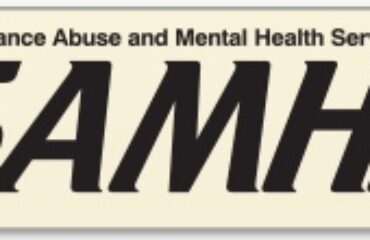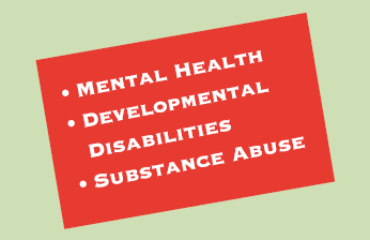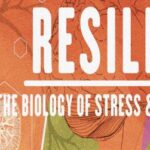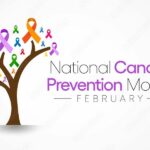Funding For Drug Treatment Services (Opinion)
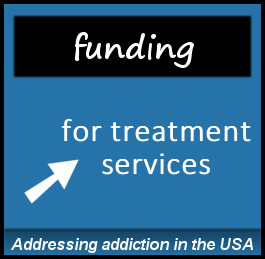
I began counseling in a North Carolina outpatient substance abuse treatment center in 1988. For the next 12 years, there seemed to be a sufficient level of state funding for detox, and inpatient and outpatient drug treatment services. Facilities were staffed well, clinical teams were typically well-trained, and substance abuse treatment programs were equipped to help clients move along the continuum of care to the next necessary phase in their recovery program. Sometimes this entailed a halfway house referral, aftercare or continuing care group, or individual counseling. AA and NA were a popular and available community support as were many faith-based programs in the community.
A multiplicity of Mental Health programs were also amply funded & available with facilities and services in full swing operation on the local and state level. In retrospect, this “ready availability” of MH and SA services was not cheap, but it was relatively effective. I say this having worked through a monumental shift in which these services were purposefully downsized and migrated from “State” facilities to the private sector beginning around year 2000.
There have been many criticisms of this gradual process with critics pointing specifically to a new lack of services and an increased difficulty in accessing treatment. We began to hear of local hospital emergency rooms being overrun with psychiatric emergencies and substance abuse overdoses. Newspapers began to document mounting public concerns and human interest stories of local residents who found themselves unable to obtain expedient MH or SA help while their family, friend, or loved one decompensated.
Counseling professionals, social workers, and probation/parole officers found themselves in the unenviable position of having to manage larger and larger caseloads of people who were actually becoming sicker and more unstable. Funding cuts were widespread, but society’s MH and SA problems raged on.
Today, we have a “system” of care that is still in place and fortunately manned by dedicated professionals young and old. However, we have a tremendous drug problem in America spiraling out of control with many of these addicted individuals having a co-occurring mental health disorder, and a larger percentage of youth developing lifelong addiction problems at a younger age.
As I look toward the future of addiction and mental health treatment in the U.S., I see potential benefit in perhaps trying to recapture some of our past approaches while continuing to strive toward best practice models of treatment. Years ago, State legislators and other decision-makers concluded that cutting treatment budgets and managing dollars in the private sector might be the answer. While managing costs is indeed important, I believe there is an inevitable trap whereby insufficient financial support of MH & SA treatment programs morphs into a tidal wave of societal problems: increased crime & violence, rampant drug abuse, escalating mental health problems, further deterioration in education and the readiness of youth to join the workforce. This tidal wave becomes even more costly to contain once out of control.
Drug treatment, mental health services, and associated personal development programs are the single best method for addressing the devastation of addiction in America. Criminalizing drug use and locking offenders up just won’t do it. Funding treatment services may not be cheap, but it is the best investment of dollars in the long run. There is a tidal wave of addiction problems building across many U.S. communities. It’s audible. It’s visible. At what point do legislators and decision-makers hear the alarm and take steps to increase funding for treatment? There is no easy answer. But doing the right thing takes commitment and action. There is no replacement for action.
Read about Pennsylvania Senator Bob Casey’s Efforts to Advance Drug Treatment


